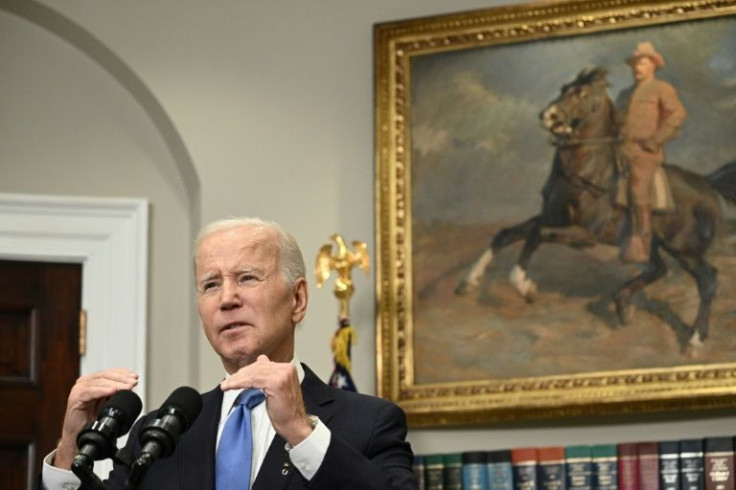Cracks Appear in NATO’s Information War

It is said that the only war that NATO has ever won is the information war. But that is changing if the ongoing protests against the 73-year-old military alliance are any indication.
Different things mean different things to NATO. Colour revolution means coup, democracy is synonymous with neoliberalism, humanitarian intervention means direct regime change, and rule of law means Western values. The enemy number one is Vladimir Putin, followed by China's Xi Jinping.
NATO made Europeans believe that security is identical to the arms race and saber-rattling. According to NATO, there are grave dangers out there making NATO necessary for the survival of Europeans.
NATO swears by the exceptionalism practiced by the U.S. This makes NATO an entity above international law and at times even above natural law.
Its member nations host U.S. nuclear weapons, missiles, and bombers on air bases all over Europe. That way, it expands, citing threats.
NATO's military intervention is no longer based on Article 5 of its charter, an actual attack on a member state. But the refusal to follow its diktats can invite its wrath.
Since its founding, NATO has been an aggressive alliance to rein in the Soviet Union. In fact, the ostensive reason for the creation of NATO was to thwart Soviet aggression.
Despite the Soviet Union's collapse, it added members located right up on the Russian border. Thus, Poland, Estonia, and Latvia joined hands with NATO. In Latvia, nuclear-capable planes are minutes away from critical Russian air bases and major navy ports.
NATO was set up on April 4, 1949, under the pretext of preventing an impending Soviet attack on Western Europe. If NATO was conceived to sustain the WW II arms industry, it has succeeded in making that industry more lucrative.
Europeans preferred to believe what NATO told them until the Ukraine war, started by Russia in February this year. Now they are starting to rethink.
Since the Ukraine war, Europeans have been putting up with severe economic disruptions due to the NATO-led sanctions on Russia.
Energy is short in supply as winter is approaching. Food items have become dearer due to the scarcity of Russian energy.
Europe relied on Russian gas to meet its 40 percent energy needs before the conflict erupted. Now, anti-NATO sentiments are increasing among Europeans.
A massive crowd of French protesters took to the streets on Oct. 8, asking France to radically change its stance on NATO.
Dubbed the meeting of resistance, the rally attracted hundreds of thousands of people, according to Florian Philippot, a member of the European Parliament from 2014 to 2019.
In videos uploaded on social media by Florian Philippot, the crowd was chanting: "Let's get out of NATO!"
Last month, the head of the French energy regulator CRE warned of power outages this winter if there are severe cold spells.
In France, petrol pumps are running dry as the workers' strike in major French oil companies has hit refineries and supply. Out of the total six refineries, only three are currently working.
Due to high inflation, a group of French intellectuals, including this year's Nobel literature prize winner Annie Ernaux, asked people to join the stir.
According to the website of Les Patriotes, which organized the protest and was led by Philippot, similar rallies were held on Sept. 3 and 17 in France.
In June, more than 2,000 people protested against NATO in the Spanish capital Madrid ahead of a key summit. They were critical of the alliance's role in the Ukraine conflict.
Organizers claimed 5,000 people took part in the protest, but the authorities pegged the number at 2,200.
On Sept. 3, more than 70,000 people protested in Prague, demanding the Czech government to cut ties with NATO.
In the information war, NATO's position has finally taken a beating as doubting Thomases are calling the shots.





